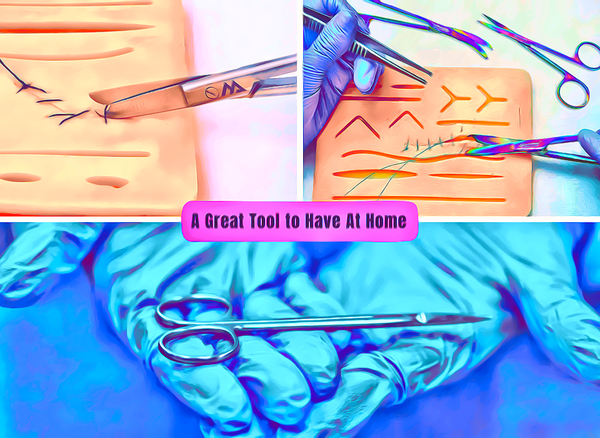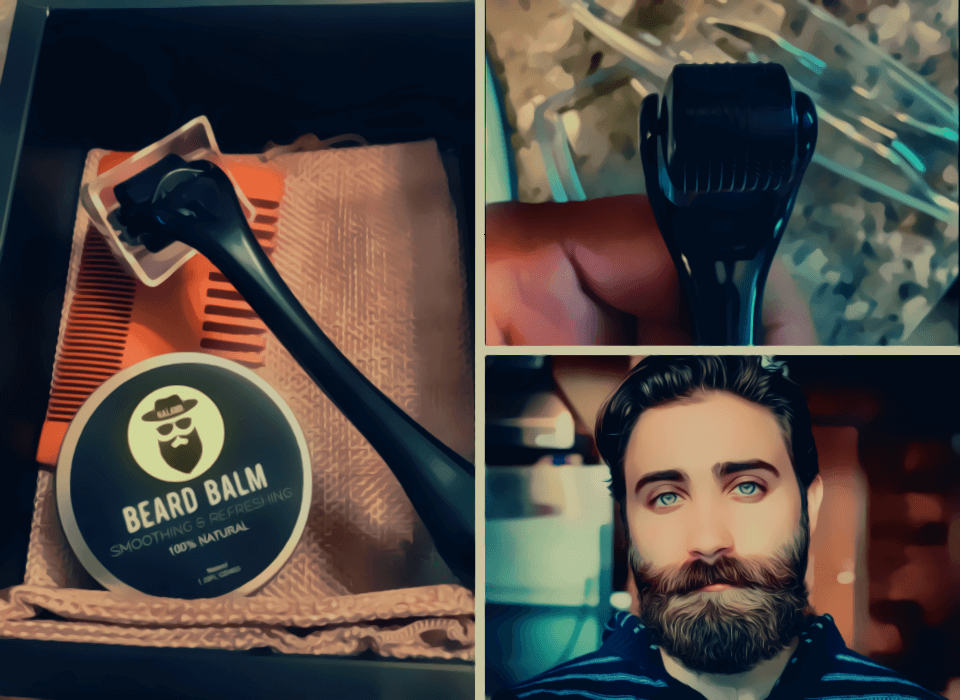We've all been there before: you're talking to someone and you catch a whiff of your own breath and it's less than fresh. Or maybe you're the one noticing someone else's bad breath. Either way, it's not a pleasant experience. But what causes bad breath, and how can we get rid of it? Let's dive in.
The Causes of Bad Breath
There are many different factors that can contribute to bad breath, also called halitosis. One common cause is the build-up of plaque and bacteria on teeth. This can happen if you don't brush and floss regularly, or if you have food particles caught in your teeth. Poor oral hygiene is not only a cause of bad breath but can also lead to other dental problems like tooth decay and gum disease.
Another possible cause of bad breath is dry mouth, also called xerostomia. This can be caused by certain medications, mouth breathers, diabetes, salivary gland disorders, and more. When there is not enough saliva present in the mouth, bacteria are able to thrive and cause an unpleasant odor.
Another common cause of bad breath is smoking cigarettes or using other tobacco products. The smoke from cigarettes not only leaves behind an unpleasant smell but also increases the risk of gum disease and other dental problems. Tobacco use is also a leading cause of cancer of the mouth, throat, and larynx.
Bad breath can also be caused by certain medical conditions like nose or throat infections, sinusitis, bronchitis, diabetes, GERD, kidney or liver failure, and more. These conditions cause bad breath by themselves or as a side effect of treatments like dialysis or chemotherapy.
Getting Rid Of Bad Breath
Luckily, there are many things that you can do to get rid of bad breath. The most obvious solution is to practice good oral hygiene by brushing your teeth at least twice a day with a toothpaste that contains fluoride, flossing daily, using a tongue scraper or toothbrush to remove bacteria from your tongue, and visiting your dentist for regular check-ups and cleanings.
If you have a dry mouth, there are several things that you can do to increase saliva production such as sucking on sugar-free candy or gum (but avoid hard candy or gum that can damage your teeth).
Drinking plenty of water throughout the day (eight glasses is ideal), breathing through your nose instead of your mouth (this will also help reduce snoring), avoiding caffeine and alcohol which can contribute to dehydration.
Spitting out rather than swallowing after brushing your teeth (this will help remove bacteria from your mouth), using artificial saliva substitutes (available over-the-counter at most pharmacies), and telling your dentist or doctor about any medications that you are taking which might be causing dry mouth so that they can prescribe an alternative medication.
If you smoke cigarettes or use tobacco products, quitting is the best solution for fresher breath as well as reducing your risk of developing cancer or other serious health conditions. If you are unable to quit completely, cutting back on how much you smoke or chew each day will also help reduce bad breath."
Certain medical conditions require treatment by a doctor in order to get rid of bad breath so if home remedies aren't working or if you think that you might have a condition that is causing bad breath, be sure to see your doctor for an evaluation."
Bad breath is never fun—for either the person who has it or the people around them! But now that we know some of the common causes of halitosis as well as some solutions for getting rid of it, we can all breathe easy—figuratively and literally!
With the right toothpaste, you can get your sweet smelling smile back in no time. Here you will find our top 6 picks to help you achieve having that fresh smelling confident smile back.









